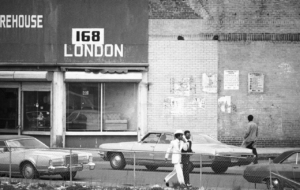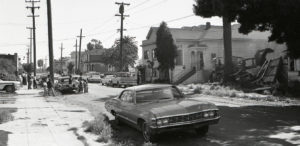
Black Political Incorporation under Neoliberalism: The Routinization of Interracial Urban Regimes
This essay traces the political development of black urban professionals and managers from the urban renewal era to the early period of federal devolution and privatization in the 1970s and 1980s. These periods are the foundation by which “generations” of black urban regimes have been generated. The staying power of black political entrepreneurs results from their capacity for populating, activating, and contracting black-led organizations in the nonprofit sector, which has allowed them to adjust to fiscal retrenchment and subsequent privatization. Black mayors have channeled demands for investment in public goods into contracts for black-led nonprofits and bootstrap social programs. In particular, the housing and community development field has allowed black political aspirants to cement ties to the real estate industry which plays an outsize role in postindustrial urban economies.




